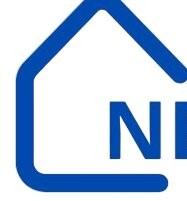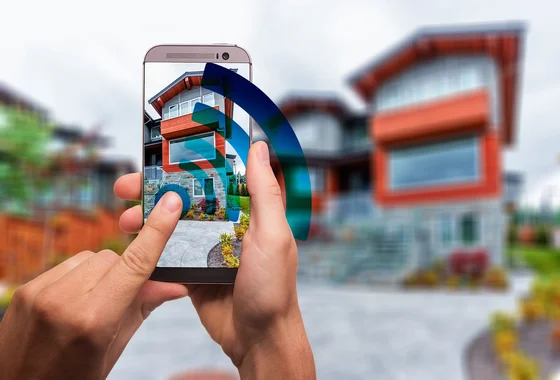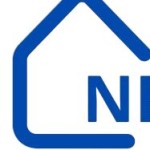
The Rise of Smart Homes: Transforming the Real Estate Landscape

The concept of a "smart home" was once a futuristic dream, but it has rapidly become a reality in today's real estate market. Smart home technology is revolutionizing the way we live, and it's having a profound impact on the way we buy, sell, and value homes. In this blog, we'll explore how smart home technology is changing the real estate market and what it means for homeowners, buyers, and sellers.
1. Increased Demand for Smart Homes:
One of the most noticeable effects of smart home technology is the growing demand for properties equipped with these advanced systems. Buyers now actively seek out homes with features like smart thermostats, lighting, security systems, and voice-controlled assistants.
2. Enhanced Home Value:
Homes with integrated smart technology often command higher prices in the real estate market. These features are seen as valuable assets that can improve the quality of life and offer potential energy savings.
3. Energy Efficiency and Cost Savings:
Smart home devices such as programmable thermostats and energy-efficient appliances help homeowners reduce their energy consumption and lower utility bills. These eco-friendly features are becoming increasingly important for environmentally conscious buyers.
4. Improved Security and Safety:
Smart home security systems with features like surveillance cameras, smart locks, and motion sensors provide homeowners with enhanced protection and peace of mind. This added security can be a significant selling point.
5. Convenience and Automation:
Smart homes offer unparalleled convenience through automation. Homeowners can control lighting, temperature, entertainment systems, and more with the touch of a button or a voice command. This convenience is highly appealing to modern buyers.
6. Remote Monitoring and Control:
Smart home technology allows homeowners to monitor and control their homes remotely using smartphones or tablets. This feature is especially valuable for travelers and busy professionals.

7. Personalization and Customization:
Smart homes can be tailored to meet the unique preferences and needs of homeowners. Whether it's adjusting lighting scenes or creating custom schedules for appliances, personalization is a key selling point.
8. Market Competitiveness:
In today's competitive real estate market, having smart home features can set a property apart from others in the same price range. This can lead to quicker sales and a higher selling price.
9. Aging-in-Place Solutions:
Smart home technology can support aging-in-place initiatives by providing seniors with tools for increased safety and independence.
10. Future-Proofing Homes:
Investing in smart home technology can future-proof your property. As technology continues to advance, your home will remain relevant and attractive to future buyers.
11. Integration with Real Estate Apps:
Real estate apps and platforms are integrating smart home features, allowing buyers to explore and control smart devices during virtual tours or open houses.
12. Home Insurers' Incentives:
Some home insurers offer discounts to homeowners who have smart home security systems in place, providing additional financial benefits.
As smart home technology continues to evolve and become more accessible, its influence on the real estate market will only grow. For homeowners, embracing smart home features can enhance their daily lives and the resale value of their properties. For buyers, it's essential to consider the benefits of smart homes and how these technologies align with their lifestyle and future plans when making a real estate investment. In a rapidly changing world, smart homes are changing the way we perceive and value real estate.









